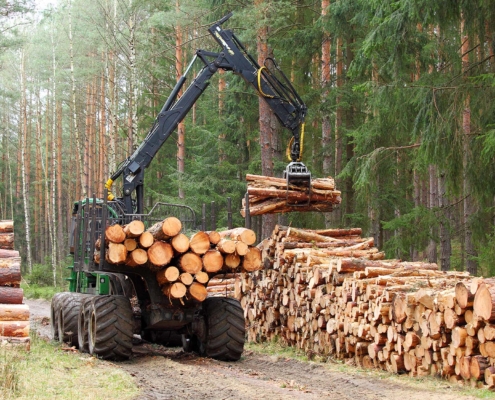The phrase “natural energy” often refers to resources that come from the earth in minimally processed forms, such as natural gas or geothermal power.
These sources provide unique advantages:
- Hydropower: Continued investments in dam efficiency and small-scale hydro projects are improving the output of this established energy source.
- Geothermal Energy: With enhanced drilling and extraction techniques, geothermal is becoming a more accessible and scalable option.
- Bioenergy: Advances in biofuels and biomass energy production are creating new opportunities for sustainable fuel alternatives.
Demand for these resources is growing for several reasons:
1. Cleaner Combustion Profile: Natural gas, for instance, emits fewer greenhouse gases compared to coal. This has propelled gas to the forefront for utilities transitioning away from heavier forms of carbon-based fuels.
2. Industrial and Commercial Applications: Factories and other large-scale enterprises appreciate the reliability and relatively lower cost of natural gas, especially during price fluctuations in the international market.
3. Ease of Deployment: Infrastructure for certain types of natural energy—like gas pipelines—already exists. Minimal expansions can connect new supply sources, further encouraging its adoption.
The surge in natural energy usage dovetails with the desire for stable domestic sources. Coupled with milder regulations or streamlined environmental reviews, these energy sector trends suggest that natural gas, among others, could solidify its position as a major fuel for both power generation and manufacturing in 2025.










